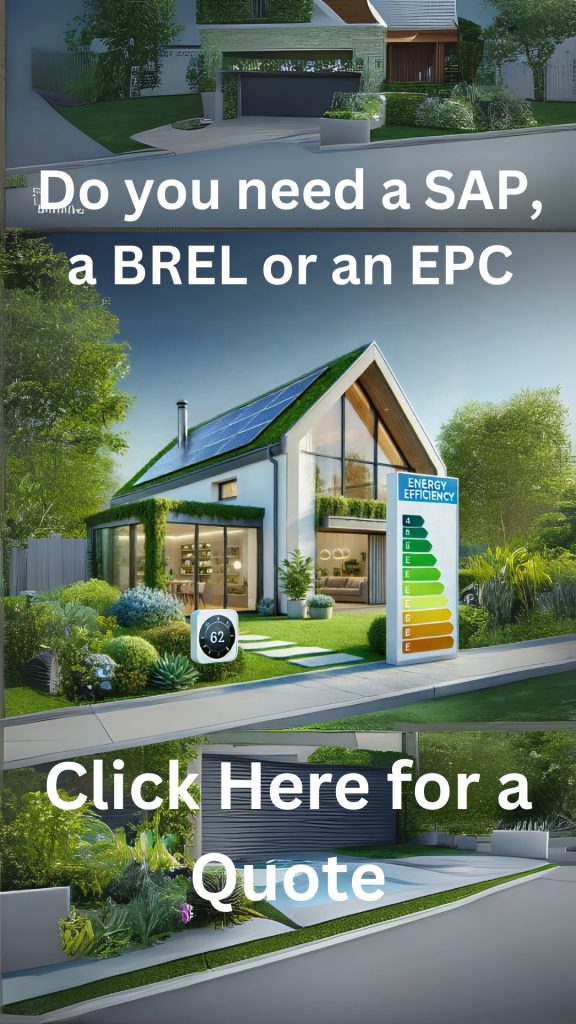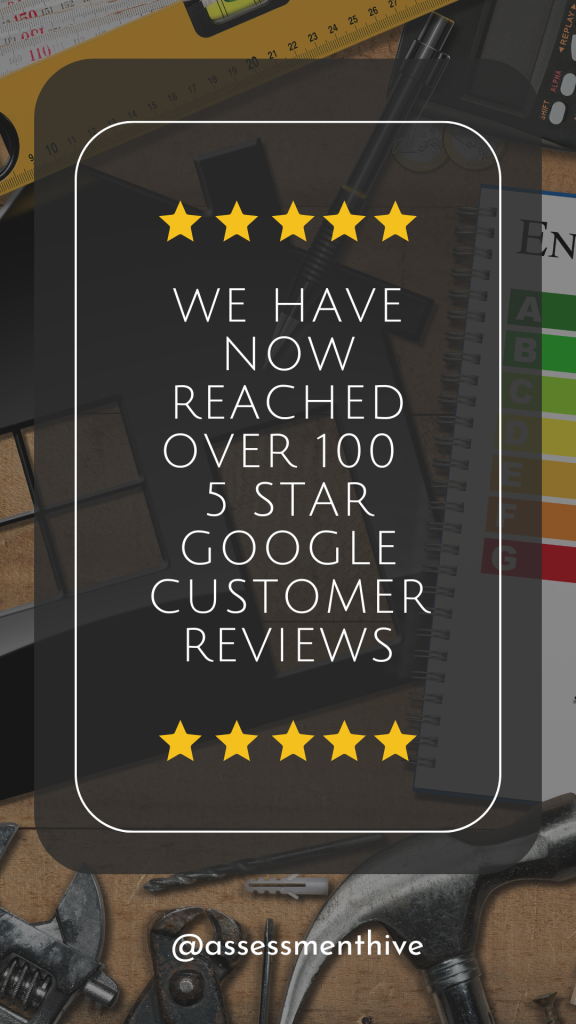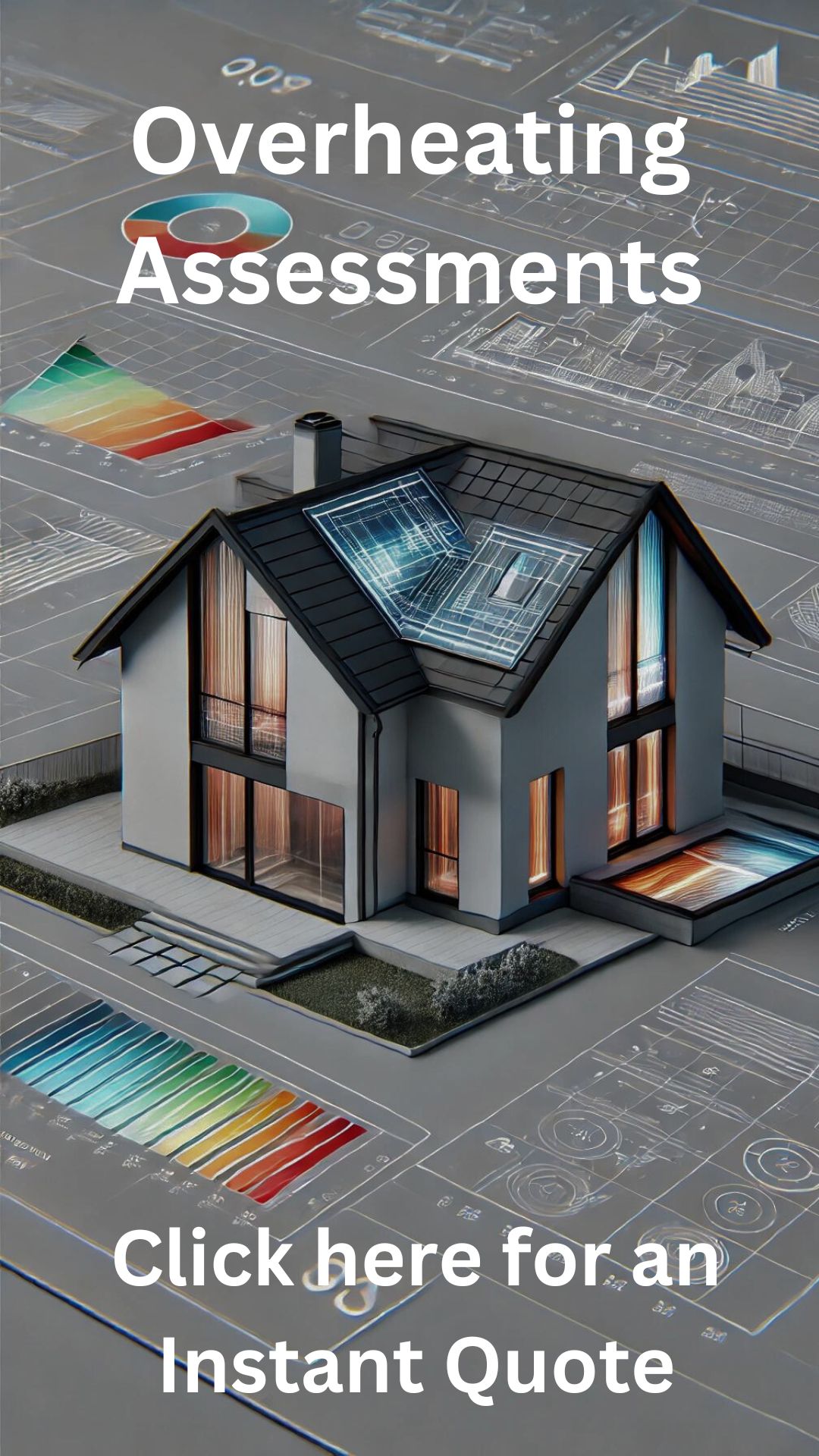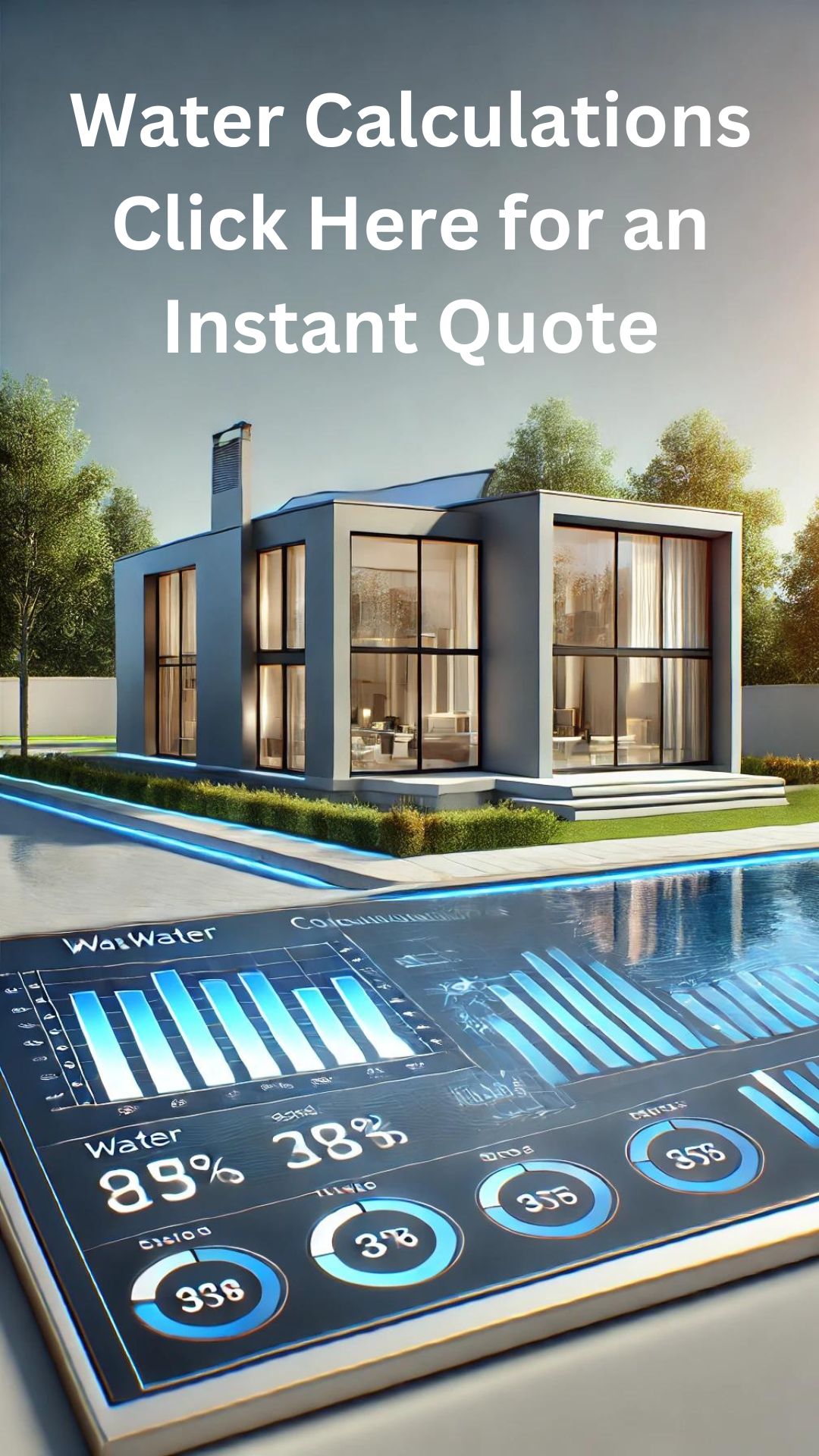Reforming Energy Performance Certificates
Significant updates to energy assessment procedures are on the horizon, with the introduction of RdSAP version 10 (EPC Software) on 15 April 2024, and the proposed rollout of the Home Energy Model alongside the Future Homes Standard in 2025. These changes are not just procedural but represent a shift towards more sustainable living practices and the UK’s ambitious Net Zero targets.
Impact on Property Professionals
This change represents a substantial increase in time spent on-site, and back in the office. Regrettably, this will result in higher costs for EPC assessments. If your current EPC provider has not suggested a price adjustment, it’s essential to question their rationale. Future inaccuracies in EPCs could significantly affect your business, making it crucial to ensure that assessments are both accurate and reflective of the latest standards.
What are the positives?
The RdSAP 10 update offers property professionals a significant advantage by highlighting properties with high EPC ratings and renewable technologies. Such properties should now command higher sale or rental prices, appealing to the growing market of environmentally and cost-conscious consumers. This update not only elevates a property’s marketability but also promises lower running costs for occupants, making energy-efficient homes increasingly attractive. Leveraging these changes, agents can underscore the benefits of sustainable living and the financial perks of owning or renting energy-smart properties.
The Home Energy Model
The proposed Home Energy Model is planned for introduction in 2025. This represents a transformative leap forward from existing methodologies used to assess home energy performance. Currently in the consultation phase, this model is poised to integrate cutting-edge technologies and approaches.
Specifics on its digital presence remain under discussion. Its foundation is in open-source development and modular design. This strongly suggests a future where the model is accessible via a digital platform. It may be online or through software applications. Such a format is designed for broad adoption. This is to ensure seamless updates and enhancements in line with technological advancements. Furthermore, this model anticipates future integrations with financial institutions, local authorities, and other key stakeholders, enhancing the efficiency and effectiveness of energy performance assessments and driving forward sustainable housing initiatives across sectors.
Currently, EPCs have a ten-year lifespan. With major changes planned, the report argues that an EPC should be valid for five years. This is to provide more up-to-date advice and information for homeowners. See BRE.







